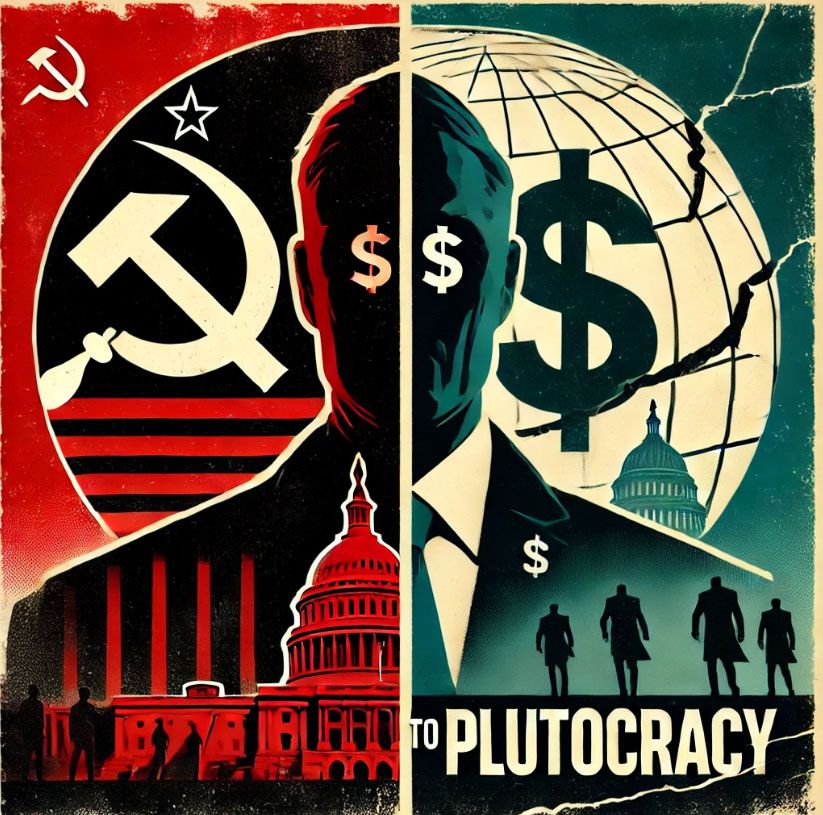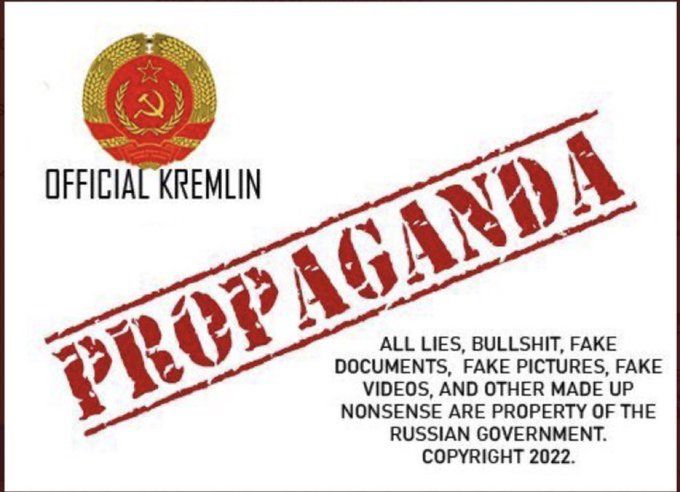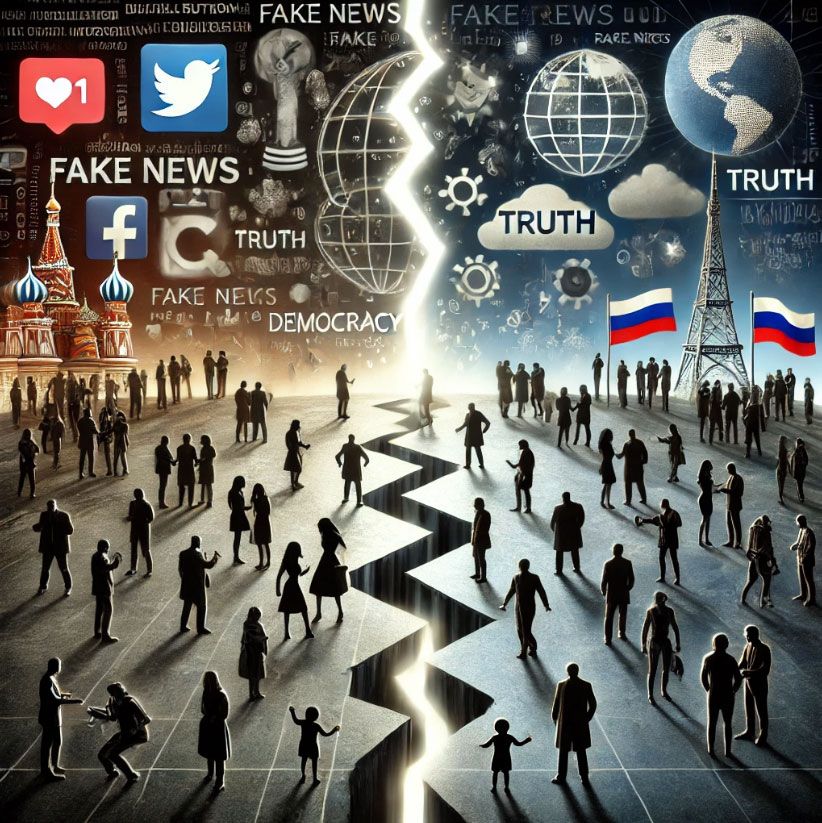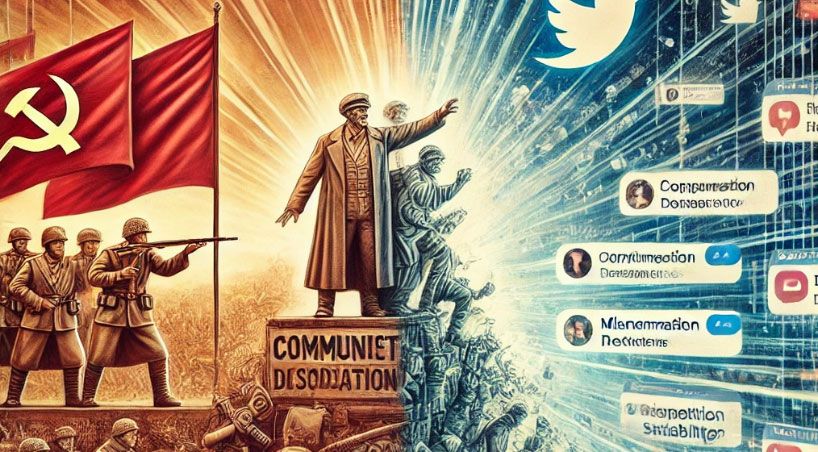Today, the U.S. grapples with a plutocratic government where money has replaced ideology, epitomized by the rise of Donald Trump and the erosion of traditional democratic institutions.
A 2014 study by researchers at Princeton and Northwestern Universities found that economic elites and organized interest groups have a significant impact on U.S. government policy, while average citizens have little to no influence (Gilens & Page, 2014), underscoring the shift toward plutocracy. Read the full study (PDF)
The Perestroika Deception
Golitsyn argued in his book The Perestroika Deception that the Soviet Union's reforms were a calculated strategy to mislead the West. Access the book
By feigning democratization, the USSR sought to disarm Western skepticism and attract economic and political support. This deception allowed communist structures to persist under the guise of reform, subtly influencing global systems without direct confrontation.
Western governments, eager for a Cold War victory, embraced these superficial changes without recognizing their strategic implications.
Western Naivety and the Erosion of Ideological Vigilance
Western acceptance of Soviet reforms led to complacency in defending ideological integrity. The belief that communism had been defeated created a vacuum where critical analysis of global strategies and internal vulnerabilities diminished.
This ideological complacency paved the way for the gradual infiltration of economic interests into political systems, prioritizing financial gain over democratic principles.
The Rise of Plutocracy in America
In the absence of a unifying ideological opponent, the U.S. political system became increasingly susceptible to financial influence. Political campaigns grew dependent on massive donations, lobbyists gained unprecedented power, and corporations influenced legislation to favor profit over public welfare.
This transition culminated in the rise of figures like Donald Trump—a businessman whose political ascent was rooted more in wealth and media manipulation than traditional ideology. Trump's extensive use of social media platforms, particularly Twitter, allowed him to bypass traditional media and speak directly to millions of followers, amplifying his influence (Allcott & Gentzkow, 2017).
Additionally, his self-financed campaign and reliance on wealthy donors showcased how financial power can dominate the political landscape. Explore the study (PDF)
Connecting Soviet Strategy to Modern American Politics
While the Soviet Union dissolved, its strategic emphasis on exploiting ideological weaknesses resonated.
The U.S., distracted by the illusion of global ideological triumph, failed to safeguard its democratic processes against internal erosion. The normalization of corporate lobbying and political funding mechanisms gradually transformed governance into a transactional system.
This mirrors Golitsyn's warnings about strategic manipulation—not through overt communism but through subversion of ideological commitment.
Consequences of Ignoring Strategic Deception
By dismissing Golitsyn's analysis, the West underestimated the adaptability of adversarial strategies.
The ideological disarmament that followed allowed economic power to overshadow democratic accountability. Today, American politics faces deep polarization, weakened institutions, and public distrust—conditions exacerbated by a political class more responsive to donors than to citizens.
If left unchecked, this trend could lead to further erosion of democratic institutions and the consolidation of wealth-driven governance.
Conclusion
Anatoliy Golitsyn's warnings about strategic deception were not merely relics of Cold War paranoia but prescient insights into how ideological complacency could erode democratic resilience.
The rise of a plutocratic America, where money supersedes ideology, is a consequence of ignoring such threats. Recognizing this connection is crucial for revitalizing democratic principles and safeguarding against future manipulations—whether they come cloaked in ideology or commerce.
What You Can Do:
- Support campaign finance reform to limit the influence of money in politics.
- Engage in local politics and hold elected officials accountable.
- Demand transparency from policymakers and corporations.
- Stay informed by relying on credible, unbiased news sources.
- Advocate for media literacy programs to recognize disinformation and protect public discourse.
Active participation and advocacy are essential for reclaiming a government that prioritizes public interest over private wealth.
References:
- Gilens, M., & Page, B. I. (2014). Testing Theories of American Politics: Elites, Interest Groups, and Average Citizens. Perspectives on Politics, 12(3), 564–581. PDF
- Allcott, H., & Gentzkow, M. (2017). Social Media and Fake News in the 2016 Election. Journal of Economic Perspectives, 31(2), 211–236. PDF
- Golitsyn, A. (1995). The Perestroika Deception: The World's Slide Towards the Second October Revolution. Read here
















